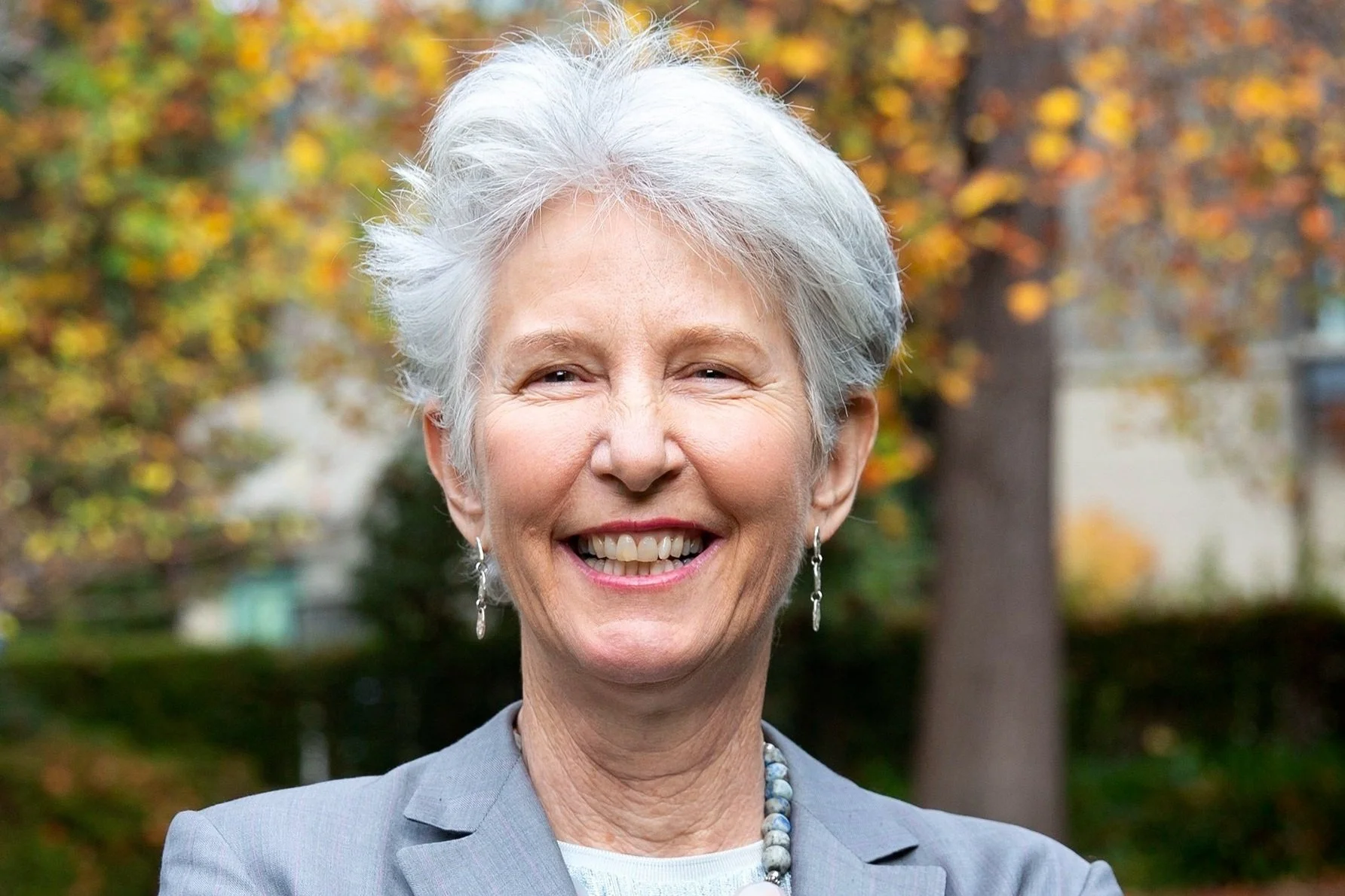True Believer: A Silicon Valley Mega-Giver Has High Hopes for AI and Tech
/Eric Schmidt is out as Google chair, but he has some big aspirations in philanthropy, fueled by a $13 billion fortune and a preoccupation with how science and technology might improve the world.
In particular, Schmidt is demonstrating a keen interest in how artificial intelligence, data, and technology in general might accelerate scientific discovery and otherwise help solve the world’s problems. We’re seeing it in the first round of the Schmidt Science Fellows, and in a budding new philanthropic outfit called Schmidt Futures.
As Schmidt tweeted when Google holding company Alphabet announced he would step down as executive chairman, “I can’t wait to dive into the latest in science, technology, and philanthropy.” Now, we’re starting to get a sense of what that looks like.
Of course, Eric and Wendy Schmidt have been involved in philanthropy for years via their Schmidt Family Foundation and 11th Hour Project climate initiative, and Wendy is a force of her own in environmental funding and marine conservation. Like Eric, she's also a strong champion of science research. But you can’t miss the fact that when Schmidt Futures popped up not long ago, Wendy’s name wasn’t on it. So take what you will from that, but this new entity appears to be mainly an Eric Schmidt project.
Crossing Boundaries
We first got an inkling of what Schmidt’s future giving might look like last year, when the couple announced the Schmidt Science Fellows, a postdoc program with an initial commitment of $25 million. The fellowship was launched as part of a $100 million effort to build up new scientific leaders and interdisciplinary research.
Related: The Schmidts Stretch Out as Science Funders With New Fellowship
The first round of winners was just announced, selected in partnership with the Rhodes Trust, and awarding 14 young researchers with $100,000 each. It’s a pretty diverse bunch too, spanning 12 universities and nine nationalities.
The fellowship has an interesting hook, by funding scientists to spend 11 months or more studying outside of their core areas of research, thereby boosting up-and-coming leaders with an interdisciplinary flair. It’s a common approach in science philanthropy to fund research that crosses traditional boundaries, with the idea that this kind of work is harder to find grants for, and that these intersections are where modern problems are solved.
So the winners are mashing up some interesting areas of work, including one fellow who is applying astronomy techniques to health care. There are a couple of fellows pursuing interdisciplinary environmental research. And another winner is using expertise in synthetic biology and bioengineering to study connections in the brain.
One common theme among this first class reflects another popular interest in philanthropy: applying computation and data to tough research problems. This is probably most prominent at the Simons Foundation’s Flatiron Institute, an in-house research lab where computer science is matched up with biology, astronomy and quantum physics. In the case of the Schmidt Science Fellows, at least half of the 14 are pursuing work relying on computation, data, or machine learning.
A True Believer
The fellowships were the first initiative of Schmidt Futures, which was unveiled online in the past month or so with the description, “a venture facility for public benefit.” Doesn’t anybody ever start a foundation anymore? Sure, they do. But a growing number of mega-givers see greater promise in entities that combine traditional grantmaking with impact investing and other functions, like 501(c)(4) giving. This flexible approach is especially popular in Silicon Valley, where tech leaders have long preached the power of business to improve the world. The Chan Zuckerberg Initiative, Omidyar Network, and Emerson Collective are prominent examples of the new hybrid creatures that have come to roam the philanthrosphere. It's not at all surprising to see another such entity emerge, especially from Eric Schmidt.
Maybe more unexpected is that Schmidt Futures will also tackle the challenge of creating greater shared economic prosperity, along with its focus on technology and in data, and AI in particular. (We'll cover that part of the work in a separate article.)
Aside from the fellowship program, Schmidt Futures is funding a postdoctoral award for women studying mathematical or computational sciences or engineering in Israel. One recent grant supports MIT’s Intelligence Quest, a new initiative studying human and machine intelligence. And one of its science research goals is to support “a new scientific paradigm based on data science and machine learning.”
This is an idea that Schmidt has talked about before—that artificial intelligence and data science might allow us to accelerate the traditional scientific process and spur all sorts of positive effects. While some philanthropists are tapping the brakes on the forward march of AI, Schmidt seems to be in the camp of others like Paul Allen with the belief that advanced computing stands to improve our lives.
Related: What's Behind Paul Allen's Big New Give for Artificial Intelligence?
In fact, of Schmidt Futures’ two other programs outside of science funding, one seeks to use technology to address societal challenges. A strategy within that program is to “promote the digital transformation of society,” and use artificial intelligence and data science to achieve goals in areas like education or labor. The “Shared Prosperity” program also looks to tech innovation to increase opportunity as one of its strategies.
We're in a moment of notable backlash to technology's impact on society, including some skepticism toward its ability to solve tough problems. But Schmidt remains a true believer in the potential of computer science and innovation. Schmidt Futures is a growing vehicle for advancing that idea.
Related: The Audacity of TED: New Platform is Moving Big Money, But Does it Get Social Change Right?







































